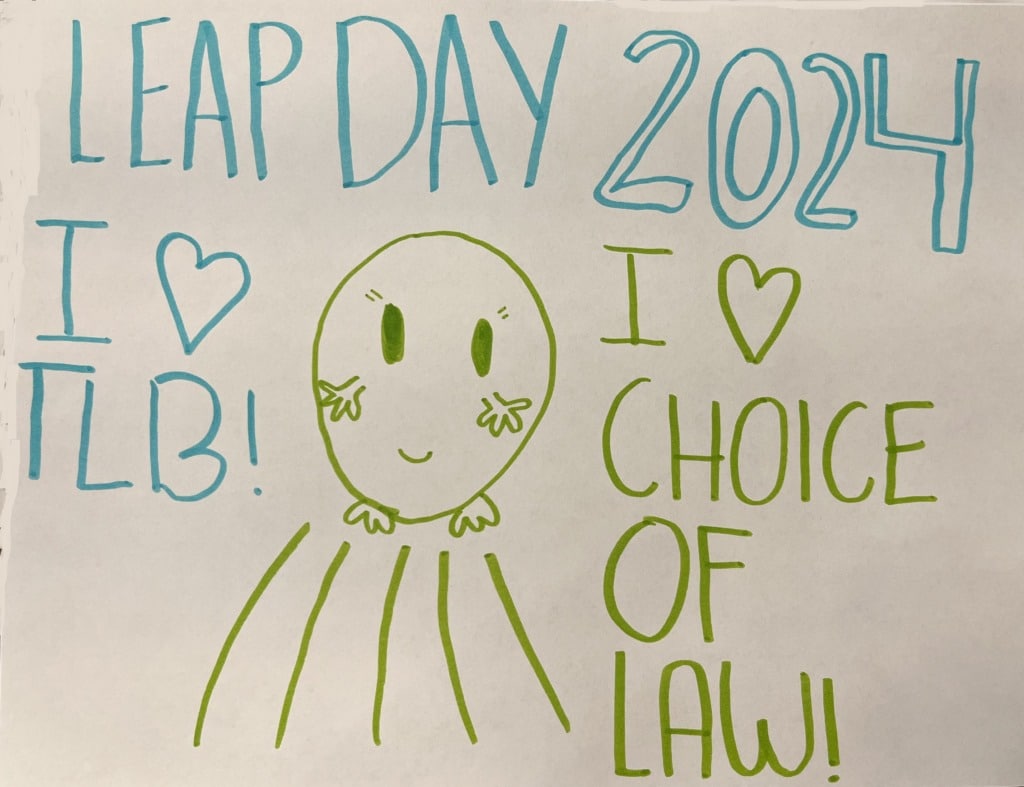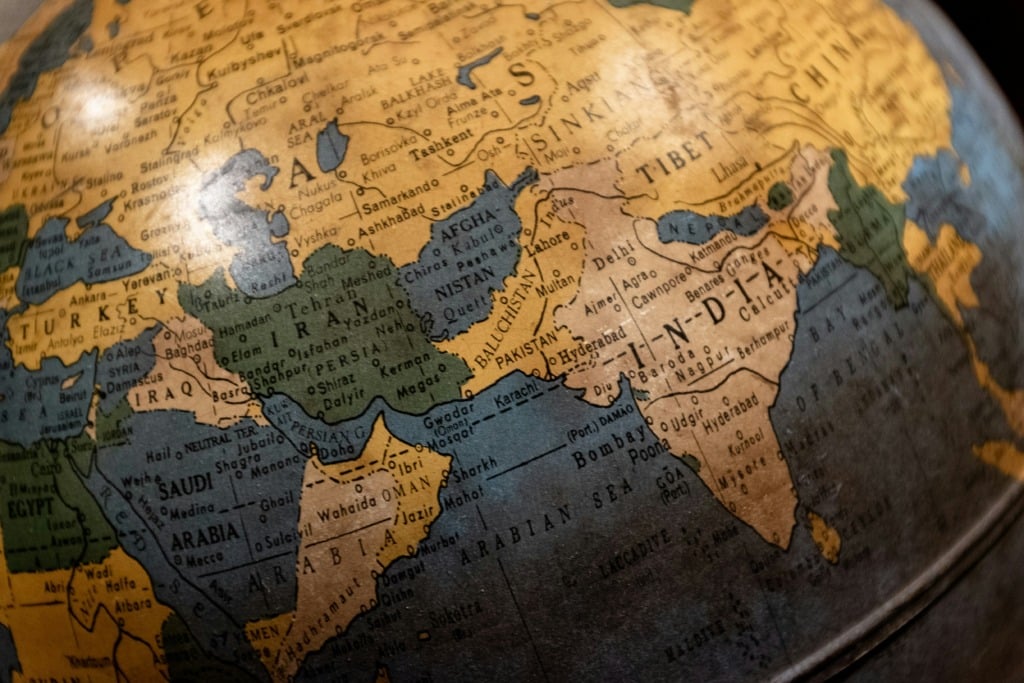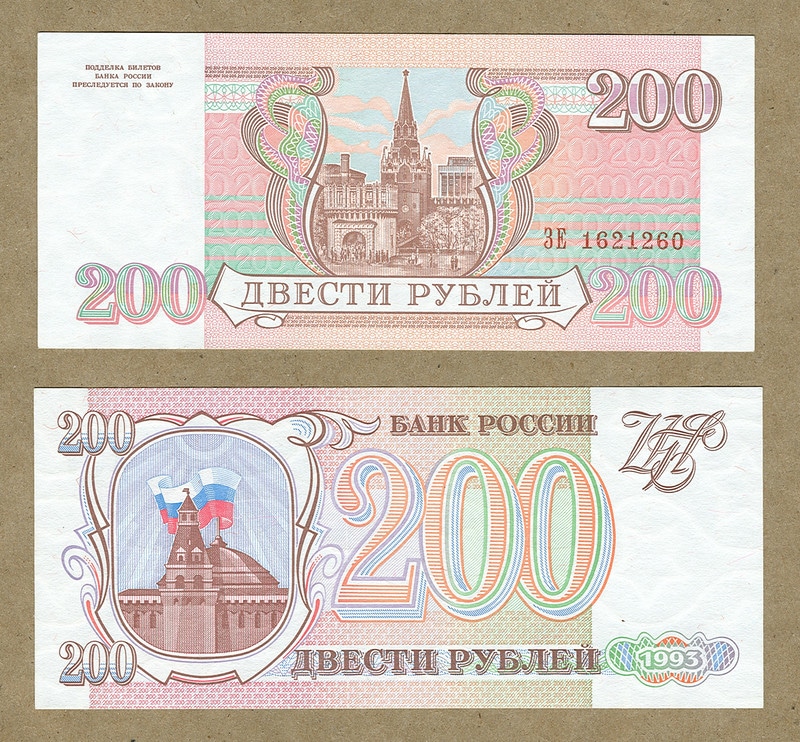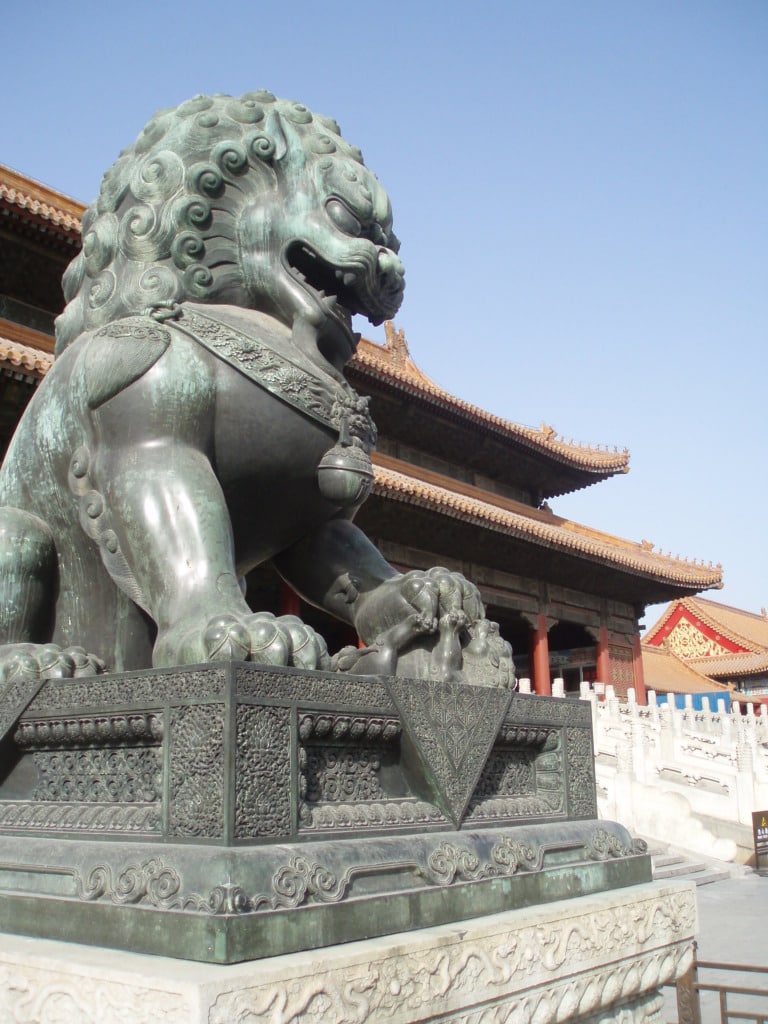Choice of Law in the American Courts in 2023
The thirty-seventh annual survey on choice of law in the American courts is now available on SSRN. The survey covers significant cases decided in 2023 on choice of law, party autonomy, extraterritoriality, international human rights, foreign sovereign immunity, adjudicative jurisdiction, and the recognition and enforcement of foreign judgments. So, on this leap day, we thought…
Continue ReadingWhat Does Customary International Law Say About Halkbank’s Immunity?
Tomorrow, the Second Circuit will hear argument in United States v. Turkiye Halk Bankasi A.S. to consider whether Halkbank, a Turkish state-owned bank (but not its central bank), is immune from criminal prosecution for violating U.S. sanctions on Iran. Halkbank claimed immunity under both the Foreign Sovereign Immunities Act (FSIA) and federal common law. The U.S….
Continue ReadingNinth Circuit Gets Tangled Up in Minimum Contacts and Due Process
Do the Fifth Amendment’s due process protections require minimum contacts? And do those protections apply to foreign states sued under the Foreign Sovereign Immunities Act (FSIA)? Those are the fundamental questions on which Ninth Circuit judges offered differing approaches as they resolved a recent petition for rehearing en banc. Regular TLB readers may recall that…
Continue ReadingFurther Thoughts About Missouri’s COVID Suit Against China
As previously discussed at TLB, the Eighth Circuit recently held that the Foreign Sovereign Immunities Act (FSIA) does not shield the People’s Republic of China from suit on one of the claims that Missouri has brought against it arising from the COVID-19 pandemic. Specifically, the court of appeals held that Missouri could move forward with…
Continue ReadingRussia Continues Pressing Sovereignty Claims in the Yukos Award Saga
Yukos Oil Company (“Yukos”) shareholders’ attempts to enforce their $50 billion arbitral award against the Russian Federation are moving forward in the U.S. District Court for the District of Columbia. On November 17, 2023, Judge Beryl Howell denied Russia’s motion to dismiss the case for lack of subject matter jurisdiction under the Foreign Sovereign Immunities…
Continue ReadingMissouri’s COVID Suit Against China Revived
The Eighth Circuit has breathed life back into Missouri’s attempts to hold the People’s Republic of China (PRC) responsible in U.S. court for the COVID-19 pandemic. Missouri filed this claim in April 2020 and, as Chimène Keitner outlined at the time, the case is rife with Foreign Sovereign Immunities Act (FSIA) issues. This latest decision…
Continue ReadingNinth Circuit Decides Cassirer in Favor of Spain
In 2005, Claude Cassirer sued a state-owned museum in Spain to recover a painting by Camille Pissarro that the Nazis stole from his grandmother. The case went to the U.S. Supreme Court on a choice-of-law question, and the Court held that state, rather than federal, choice-of-law rules should determine the applicable law in cases under…
Continue ReadingU.S. Brief in Halkbank Abandons Customary International Law in Immunity Cases
In Turkiye Halk Bankasi A.S. v. United States (Halkbank), the Supreme Court held that the Foreign Sovereign Immunities Act (FSIA) does not apply to criminal proceedings. The Court remanded Halkbank’s separate claim of common law immunity to the Second Circuit for reconsideration. On November 20, 2023, after two extensions, the United States filed its brief on remand. The U.S….
Continue ReadingChina’s New Foreign State Immunity Law: Some Foreign Relations Aspects
On September 1, 2023, the Standing Committee of China’s National People’s Congress (NPC Standing Committee) passed the Law of the People’s Republic of China on Foreign State Immunity (FSIL) (English translation here). The FSIL will enter into force on January 1, 2024. This law heralds a fundamental shift of China’s attitude towards foreign state immunity,…
Continue ReadingDomestic Litigation and Compensation to Ukrainian Victims of Russian Aggression
Many proposals to compensate Ukrainian victims of Russian aggression do not directly involve domestic courts, in part because foreign sovereign immunity poses significant obstacles to such litigation. There are, however, important cases against Russia currently pending in Ukrainian courts. These cases were the subject of a recent session held in Lviv, Ukraine, as part of…
Continue Reading








